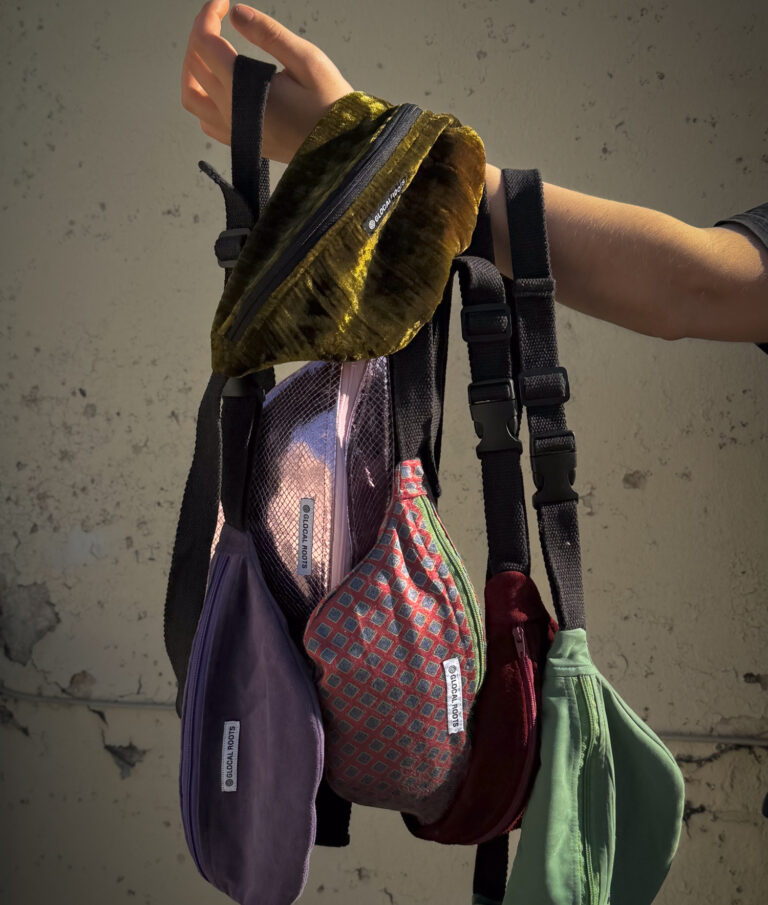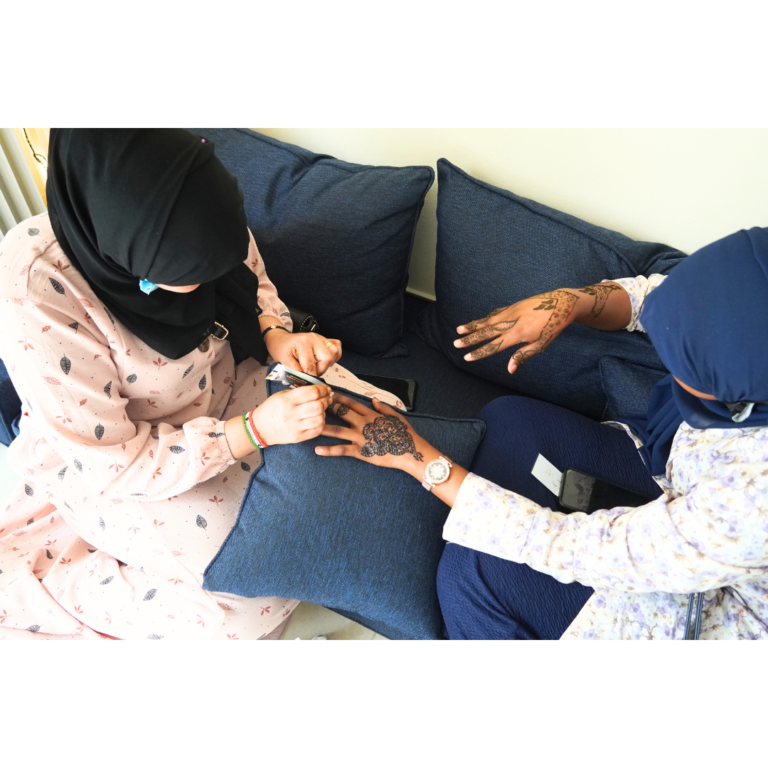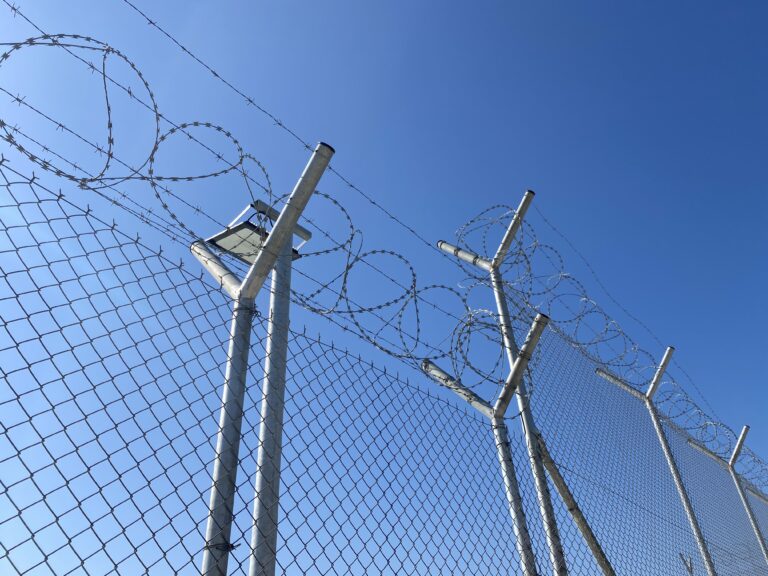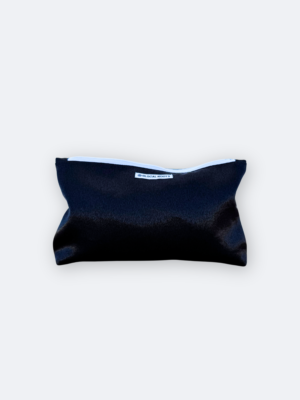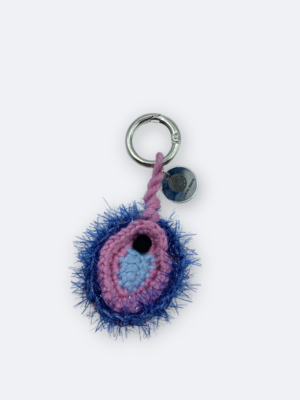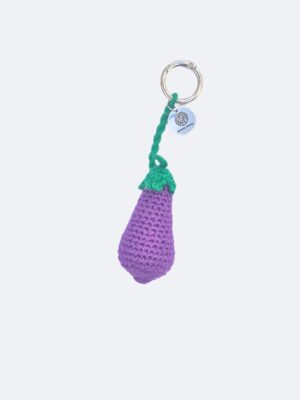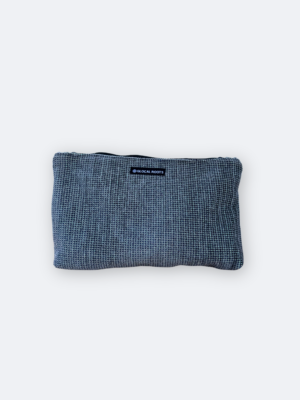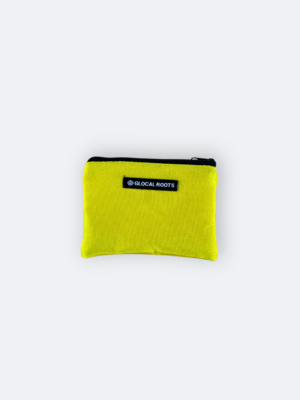
If someone is seeking asylum, it implies they are looking for safety owing to a lack of human rights in their country. But seeking asylum is also about rebuilding your life and having the chance to move forward. Nevertheless, in Greece, the process for asylum seekers and refugees is slow and complex. Each stage presents its own challenges and services which secure a person’s human rights are not always accessible. The basic needs of asylum seekers are therefore not necessarily guaranteed.
For those arriving in Greece, the first challenge is registration. Upon arrival, asylum seekers register their request for protection in overcrowded reception centers. In these centres, access to food, medical care, and shelter are technically available, but in reality, refugee camps, especially on the “hot spot” islands, are overcrowded and poorly maintained.
Testimonies of some visitors in the Victoria Community Center who resided in the Closed Control Access Camps (CCAC) on the islands of Kos, Lesbos and Samos reveal such depravity:
“Food is served once per day, two meals that are not enough to kill hunger. It is mostly premade foods, almost always frozen, and you can wait for one hour or even more to get your portions”
“I arrived in summer. The first week we didn’t have a room, so we stayed on the floor with a tiny mattress and a small blanket. The camp was infested with cockroaches and rats.”.
In addition, many have to face long waiting periods before their applications are processed. Language barriers are a common factor that explains delays. Since May 2024, the camps do not have enough interpreters, causing delays in the interviews and leaving people in these liminal spaces. In addition, a lack of clear information makes it difficult for individuals to fully understand their rights and there is a reliance on NGOs to fill such knowledge gaps.
Once an asylum claim is officially submitted, certain rights of asylum seekers expand. Asylum seekers are entitled to public healthcare and have the right to work. However, in reality, securing employment is often difficult due to bureaucratic obstacles, language barriers, and a lack of integration programs. Education is another right that, in theory, should be guaranteed for all children, but many refugee families struggle to enroll their kids in school due to administrative hurdles and a lack of knowledge in the Greek education system.
For those granted refugee status or subsidiary protection, a residence permit is issued, allowing them access to the labor market, social welfare programs, and the ability to travel within the EU under certain conditions. This transition, however, does not always mean stability. Access to government programmes immediately stops, leaving many refugees are left without proper support, struggling with homelessness, inadequate accommodation and financial insecurity. Around 80% of the questions that we receive on our spaces are related to housing, employment and access to NFIs (diapers, sanitary pads and baby clothes).
On the other hand, those whose asylum claims are rejected face a different reality, appealing their case in a complicated legal system or facing the threat of deportation, making it crucial for asylum seekers to have access to legal aid and support networks that can guide them through their options. The possibility of forced returns is a constant concern, fearing encounters with police and complete uncertainty about their future. Access to rights is completely denied, since a person whose asylum application was rejected doesn’t have any kind of legal documents and technically does not exist under the eyes of the government. This means that you cannot go to a public hospital, enroll your children in school or access formal work.
The challenges at every stage and the lack of adequate mechanisms leave grassroots organizations like Glocal Roots with increasing demand for services. Whether through safe spaces, educational activities, advocacy or the provision of food and NFIs, these efforts are essential in ensuring that people seeking safety are not left behind.
In a system that often fails to provide protection, advocacy and collective action are vital. Every person seeking asylum has the right to safety, dignity, and a future. It is our collective responsibility to fight for a system that upholds fundamental human rights.


